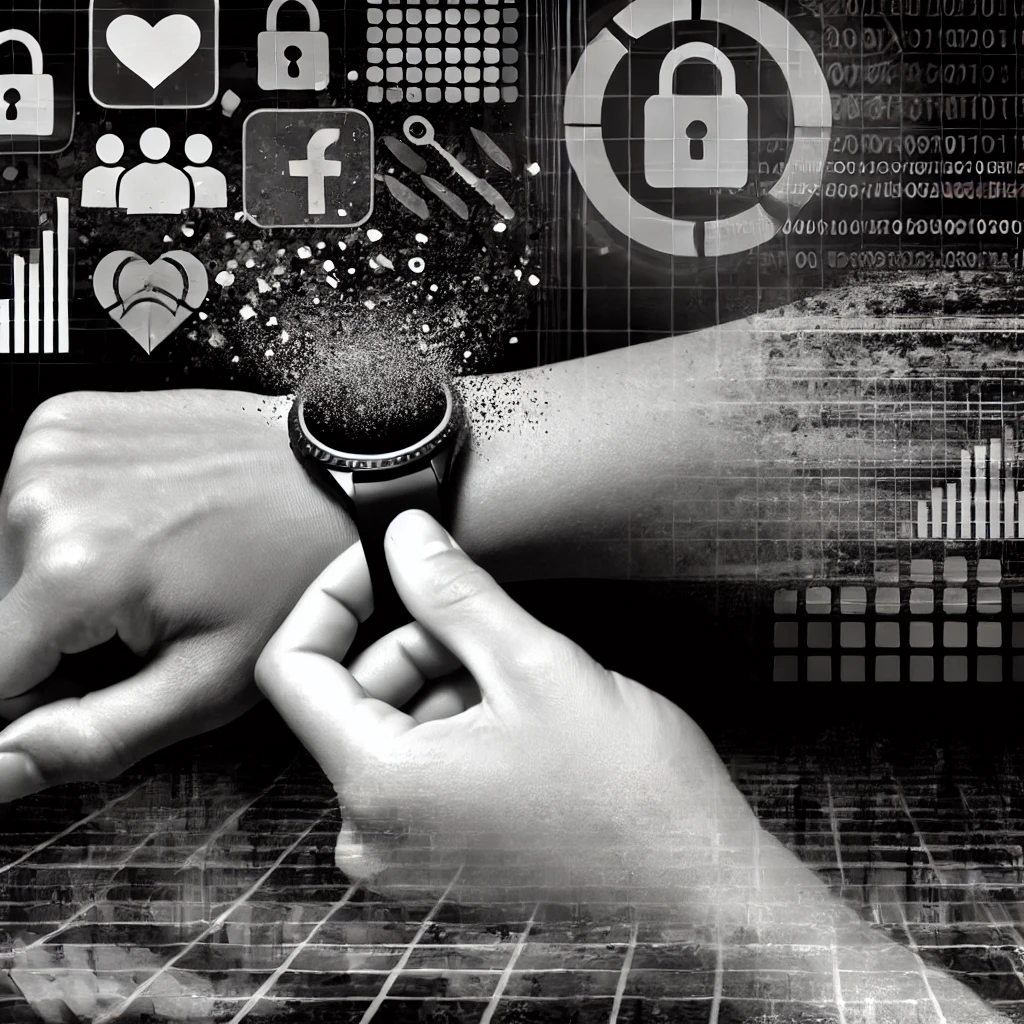Owning Your Data
The Beginning
We have lost control of our data. We started putting little things out onto the internet, which turned into blogs that corporations realized they could capitalize on. This, in turn, became micro-blogging—Twitter, for example. Pretty soon, all our thoughts and images were going into a bottomless bucket that we didn’t own.
The Evolution
Over time, this bucket has grown, fed by our constant need to share and connect. Social media platforms have become the gatekeepers of our digital lives, dictating how our information is used, who gets to see it, and how it’s monetized. What started as a way to express ourselves has evolved into a vast network of data points, meticulously tracked and analyzed for profit.
The Breaking Point
The First Pillar
For me, the breaking point was when I had my son. My watch tracked my heart rate, heart rate variability, sleep, movement, location, blood O2 saturation, elevation, and more. After having my son, I was unable to bike while watching him for a few weeks. My watch had all this data, and the result was that it made me feel terrible. It told me how I wasn’t training enough, getting more out of shape, and sometimes I would even go for a ride and be told it wasn’t good enough.
I did the unthinkable. After literal years of tracking these metrics, I… took the watch off. Crazy. Then something unexpected happened: nothing changed. I had been feeding mega-corporations my biometric information for years—information that could be very powerful (I should know, I’m a data engineer)—and I had gotten very little out of it. Sure, it was interesting to know how tired my watch thought I was, how my sleep evolved over time, or any number of things. But after years of being literally attached to this thing, I took it off and missed nothing.
I also went down a bit of a rabbit hole and ended up with an automatic watch—all mechanical with no electronics whatsoever. About as far from a Garmin Fenix 7 as I could get.
The Second Pillar
When my world didn’t come crashing down at the first instance, I decided to try to remove something else. I have used Strava for 12 years or so to record every single bike ride I’ve taken. I thought to myself, “Self, what if we didn’t record every single ride?”
Keep in mind that I commute to work, so I was using this system a few times a day. So I just… stopped doing that. I would just bike to work and not worry about recording it. When I bike to do trail work, I don’t record it. And once again, nothing happened.
The Conclusion
I have no idea what the conclusion of this is going to be. My intention is to own the data I do produce—this website is a great example of that. I’ve provided very little data to these companies and I’ve lost nothing. In fact, if anything, I’m looking at saving money since I don’t use these services anymore.
I will continue this path and see where it ends up. It’s nice to not worry about all of it.


One response to “Reclaiming Control: My Journey to Owning My Data”
[…] Corporations are extracting everything valuable we produce—labor, creativity, homes, land, and even our biometric data. […]